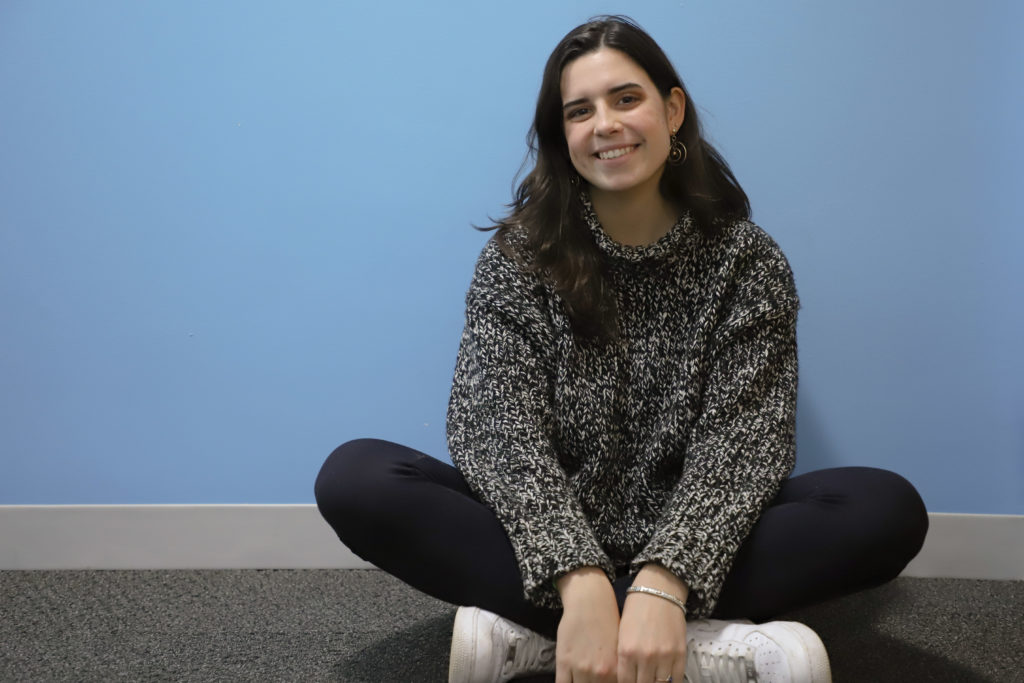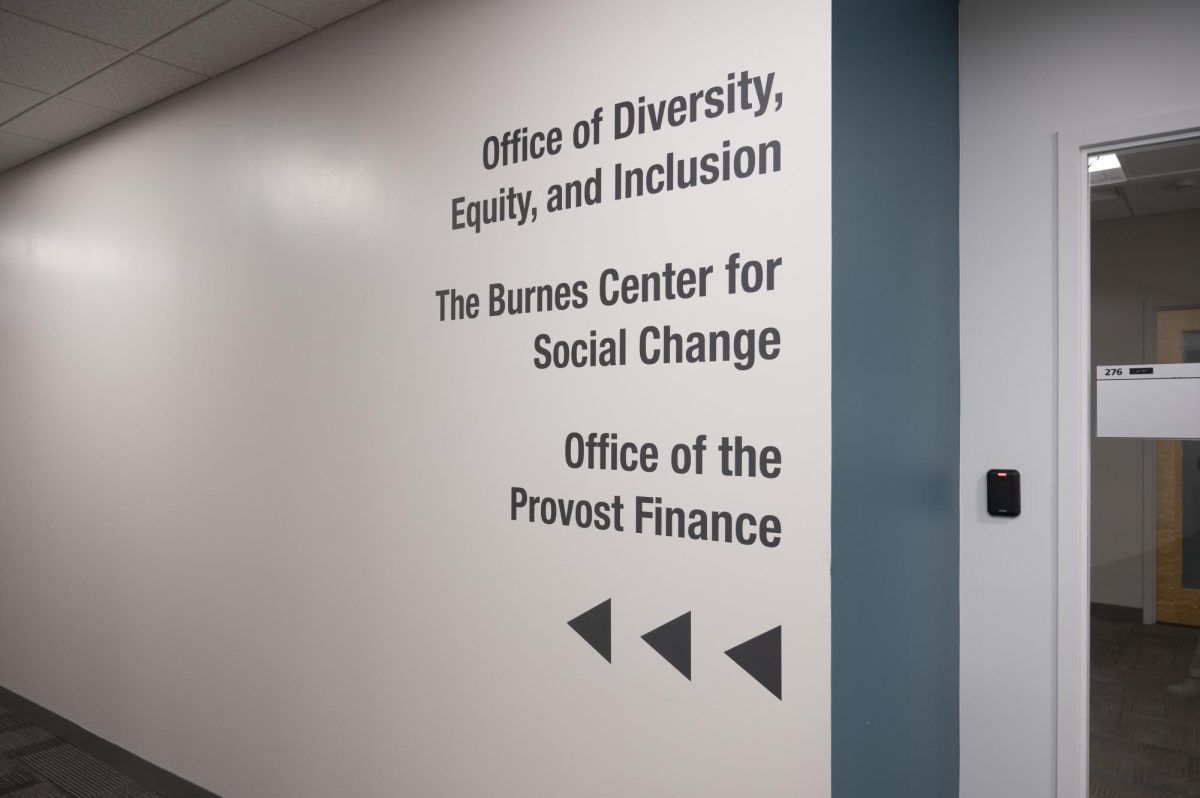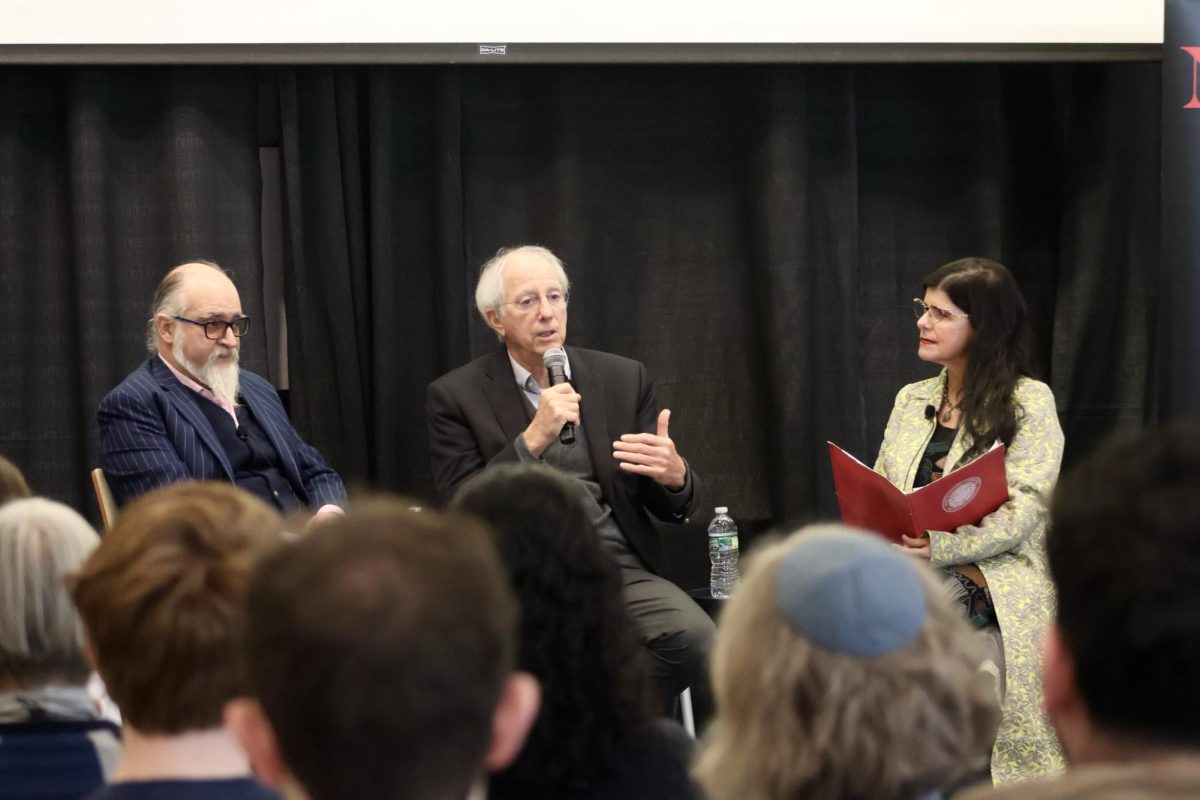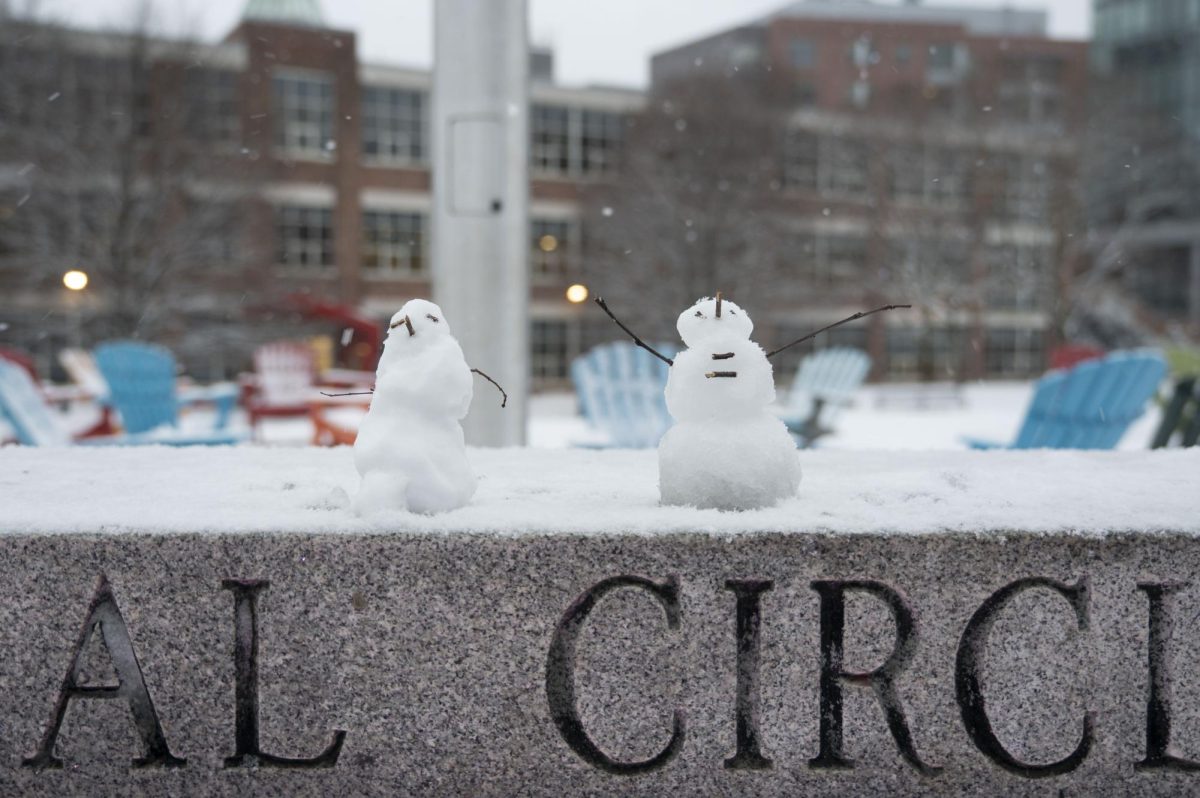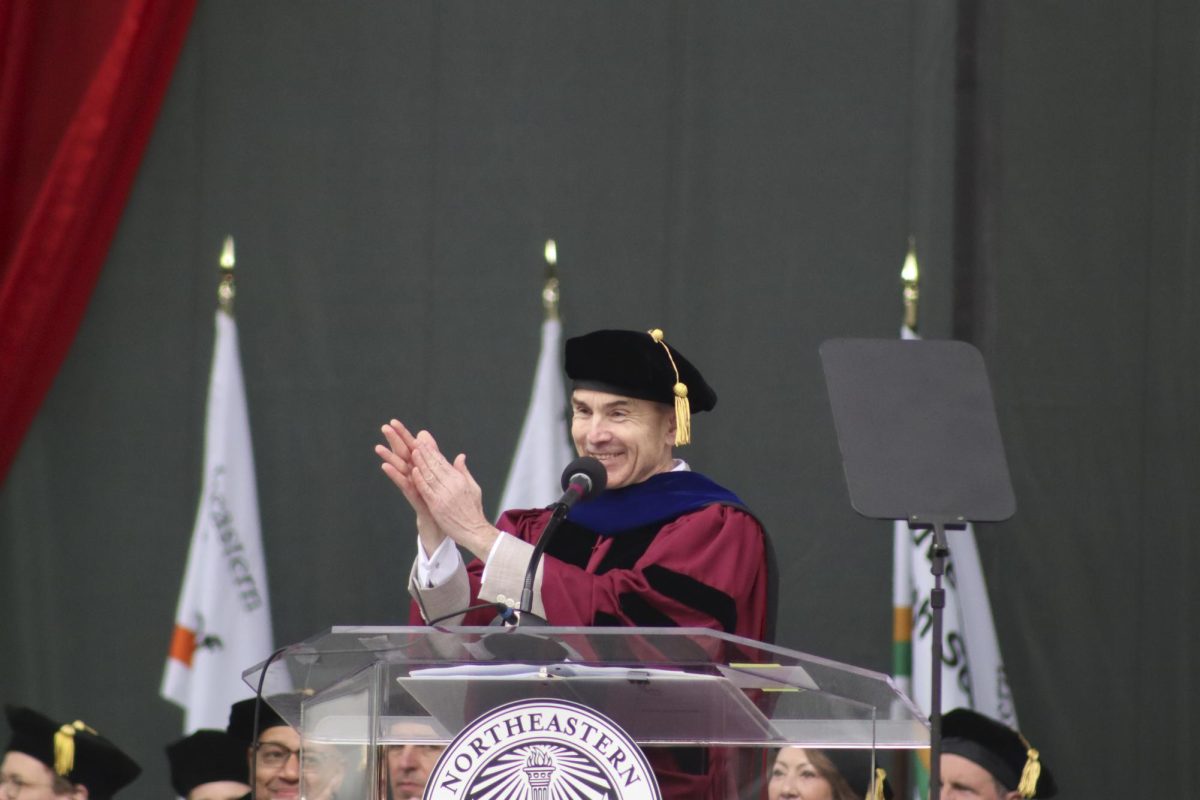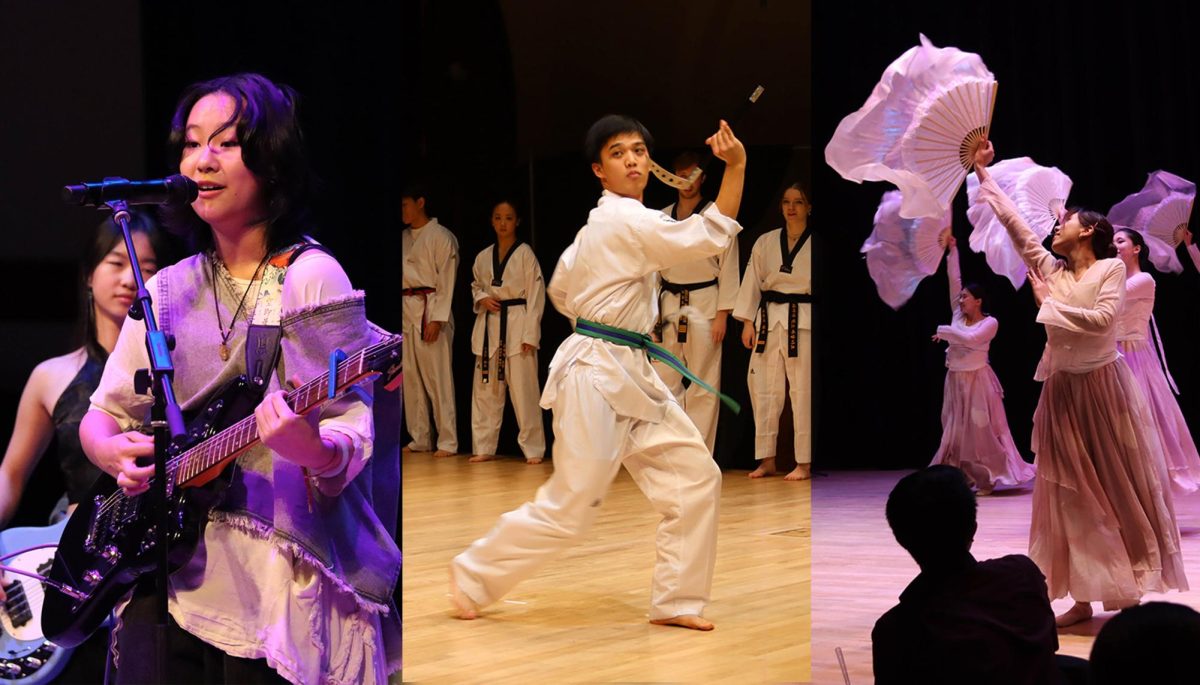By Alyssa Lukpat, news correspondent
Victoire Cointy, a third-year communications studies student from France, will never forget her first Thanksgiving in America. Her holiday was filled with Christmas music, American football, baking and laughter at her friend’s house in Washington, D.C.
“Her family had already taken care of the cooking, but we had to do a lot of the baking. We made pecan pie and pumpkin pie. They had Christmas music playing in the background,” Cointy said. “It was basically a slow motion thing in films where you see people laughing and baking together, kind of like a stock photo.”
Cointy’s first Thanksgiving experience was everything she expected the holiday would be.
“It was weird at first because it wasn’t my family, but I felt very welcomed from the get-go and it was like they’d known me forever,” she said. “You hear about Thanksgiving so much and build up an idea in your head of what Thanksgiving is and it was exactly that: a big family coming together and having food.”
Cointy is one of approximately 20 percent of Northeastern students who originate from countries other than the US, and of those many do not return home for Thanksgiving break. For many international students, Thanksgiving is the first traditional American holiday they experience. For Cointy, it was also her first exposure to another sacred American tradition: football.
“I’m not that big a fan of American football,” she said. “I didn’t watch much of the game myself, but my friend’s uncles were very vocal about certain portions of the game which I found very funny,” she said.
For Catu Berretta, a second-year computer science student from Uruguay, watching football while eating traditional food on Thanksgiving was also a strange concept.
“It’s funny that the tradition is to eat a lot of food, pass out and watch the football game on TV as you digest,” Berretta said. “It’s weird that people watch so much football.”
Berretta celebrated her first Thanksgiving at her friend’s house in New Jersey.
“I ate so much. We had a weird combination of things: turkey, mashed potatoes, cranberry sauce, stuffing and gravy,” she said. “We also had a pie contest and went around the table saying what we were grateful for. Then we took a nap after lunch.”
Berretta loved eating traditional Thanksgiving food. She will never forget eating stuffing for the first time.
“Stuffing is so good. I had never had stuffing before, but I had eaten pumpkin pie,” she said. “The stuffing was like soggy dry bread that somehow manages to have a texture. It just tastes really good. I don’t even know how you make it. It was like pieces of bread that were boiled and baked, and it was tasty.”
Ziad Hassan, a second-year electrical and computer engineering major from Morocco, and Hamaad Hafeez, a second-year electrical engineering major from Pakistan, stayed in Boston for Thanksgiving this year. They prefer Black Friday shopping to eating traditional foods on Thanksgiving day.
“We went Black Friday shopping and got our winter coats because in Morocco I didn’t really have that many winter clothes,” Hassan said.
Hafeez did not travel for Thanksgiving break because he does not have family nearby.
“I stayed on campus and ate free food because I didn’t have anywhere else to go,” Hafeez said.
Hassan said Thanksgiving is similar to an Islamic holiday he celebrates in Morocco. The holiday, Eid, happens after a one-month fast during Ramadan.
“After that month, everybody breaks their fast in the morning by having a big breakfast together,” Hassan said. “It’s a very similar concept where the entire family sits together and eats, but it’s usually sweets and pastries rather than an actual meal.”
Although Berretta enjoyed her first Thanksgiving experience last year, she was less interested in celebrating Thanksgiving this year because of the history behind it.
“I think it’s sketchy we’re celebrating how people landed in America and became friends,” Berretta said. “It’s not true, because people landed in America and murdered everyone. There’s definitely other holidays that are more significant for me.”
Cointy wants to bring parts of Thanksgiving back to her home country.
“If there’s anything I could take back to France it would be the Thanksgiving food,” Cointy said.



